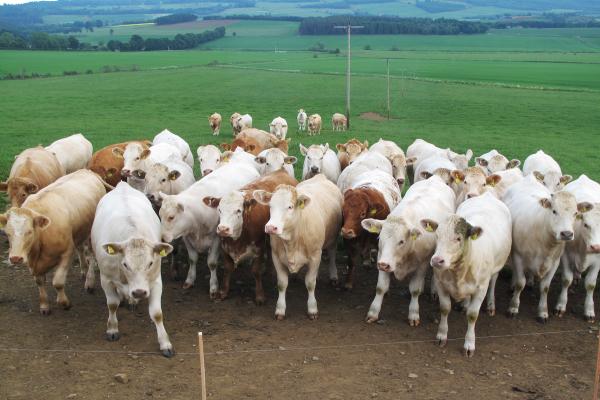A total of six public consultations have been launched by HM Revenue & Customs (HMRC) into radical government plans for Making Tax Digital (MTD).
Under the new system, significant changes are due to come into force from 2018, with the annual tax return to be phased out by 2020. The consultations cover different aspects of the Government plans, and close for comment by 7 November 2016.
The key changes include a requirement under law for businesses to use software and apps to keep digital business records (the software is used to scan paper invoices and receipts), with a summary update (not a set of accounts) sent to HMRC every quarter.
The system will represent a major change for all businesses, and particularly those who have always kept their records manually and give their records to their accountant once a year. All records will have to be kept in ‘‘real time’’. HMRC is also looking at whether the VAT return will be combined with the quarterly MTD submission.
According to HMRC, the new system will give taxpayers an up-to-date picture of their tax affairs, and provide greater certainty about tax due and entitlements. However, the consultation also suggests that it will lead to more timely and accurate record keeping. With revenue lost to HMRC due to errors and failing to take reasonable care estimated at £6.5bn in 2013/14, HMRC estimates that MTD will contribute £945m to the Exchequer by 2020/21.
Payment dates
Under the proposals, current payment dates for tax are not altered, but the Government has suggested introducing a voluntary system where businesses can make payments as the tax year progresses. These voluntary payments will sit on the customer’s digital account as a credit, and be allocated against liabilities as they become due.
Some exemptions will apply to the new rules, including businesses with an annual turnover of less than £10,000. There is also a potential exemption for “who cannot engage digitally”.
The example used in the HMRC consultation is a self-employed person who has impaired vision and severe rheumatoid arthritis, who does not own or use a computer or smartphone and lives in a rural area with poor broadband coverage.
In England and Wales, the National Farmers Union has urged members to make their views known on the proposed changes as they look to formulate a consultation response. The main initial concerns are the ability of farmers to meet the proposed new reporting obligations given the limitations of rural broadband. Also, the additional time and cost incurred to provide quarterly updates to HMRC.






 This is a subscriber-only article
This is a subscriber-only article










SHARING OPTIONS: